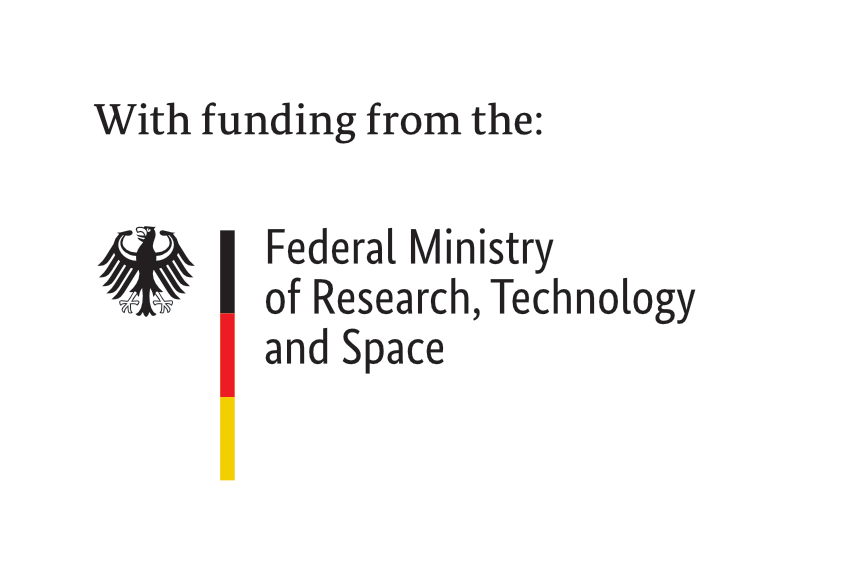NUM RDP
clinical Routine Data Platform by NUM (the medical network of German university hospitals)
What is the Routine Data Platform by NUM?
The clinical Routine Data Platform (RDP) is operated by the network of university clinics in Germany (NUM): It is a secure and scalable platform offering interoperability in the provision of patient data sourced from clinical routine treatment. RDP interconnects university hospitals across the entire federal network in Germany.
Goals & Benefits
To ensure secure technical and regulatory access to clinical care data, RDP offers a component-based, industry-standard platform for transfer, aggregation, storage and analysis of clinical data. RDP enables clinics to transmit care data in a standardized and secure manner.
It further enables data use in specific scenarios in the medical domain, in support of both scientific research and evidence-based public health policy making.

The Routine Data Platform (RDP)
- observes the FAIR principles for research data use
- implements a legal basis with regard to ethics and data protection rules for the compliant use of routine clinical data
- uses open-source technical standards and is built on the basis of open specifications and interchangeable components
-
enables the development of novel applications in support of the clinical routine, e.g. infection control
- offers data management both for central data storage and for the (temporary) aggregation of federated data
-
integrates data security and data quality via encrypted transmission, pseudonymization and validation of terminology
-
provides interoperability with the German Medical Informatics Initiative (MII) core dataset FHIR format
- promotes the connection of clinical data integration centers (from NUM, MII or other networks) via FHIR or openEHR standard interfaces
- supports the integration of internationally coordinated data models for electronic health records (EHR)



